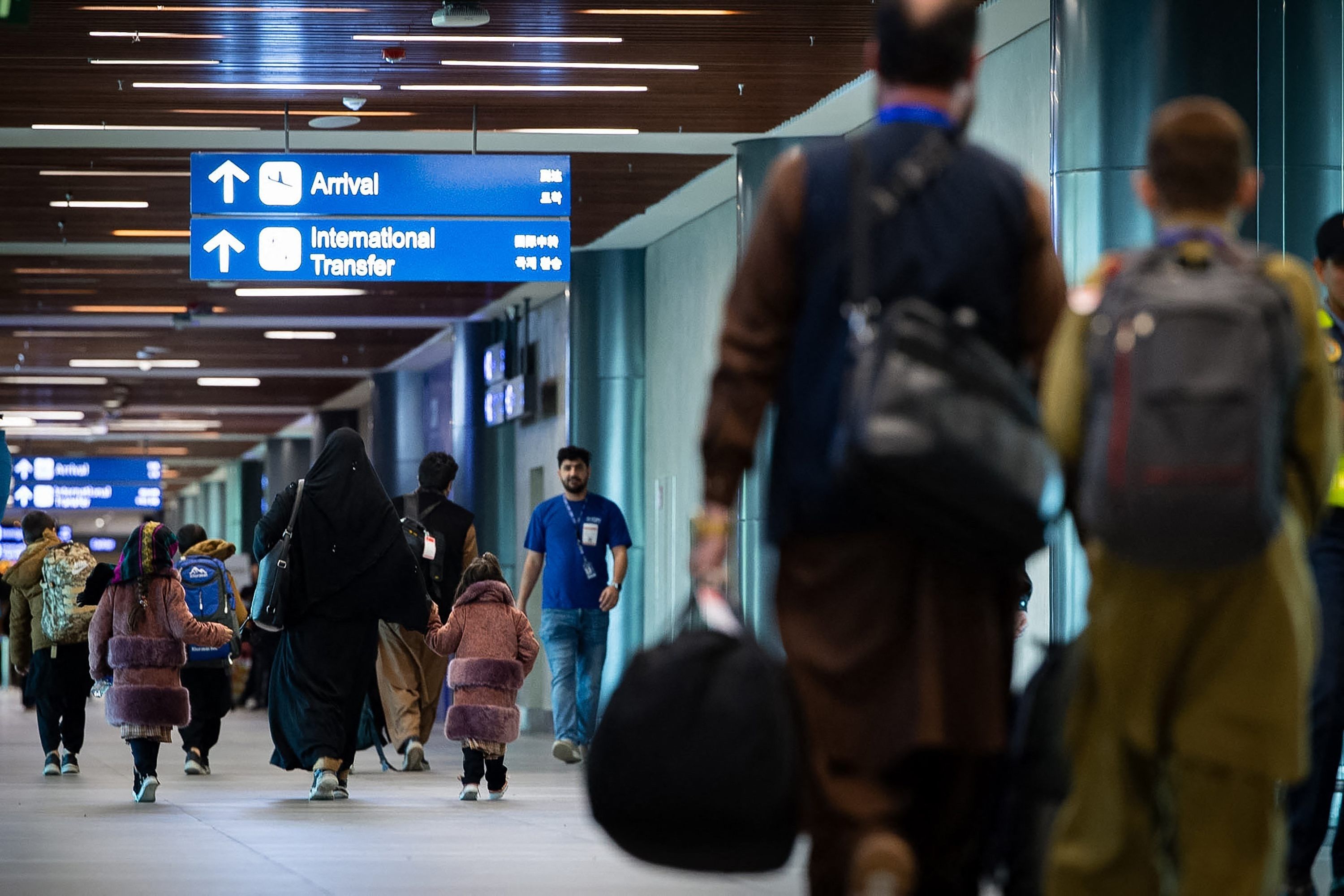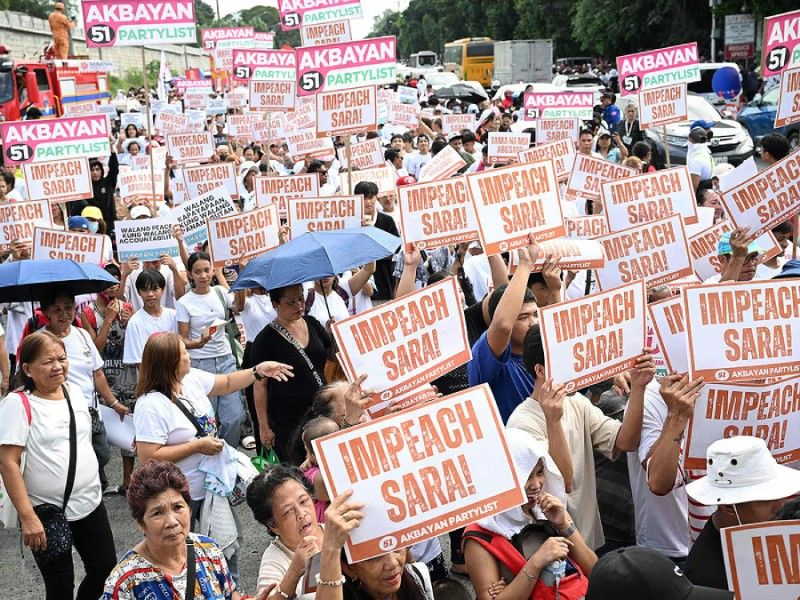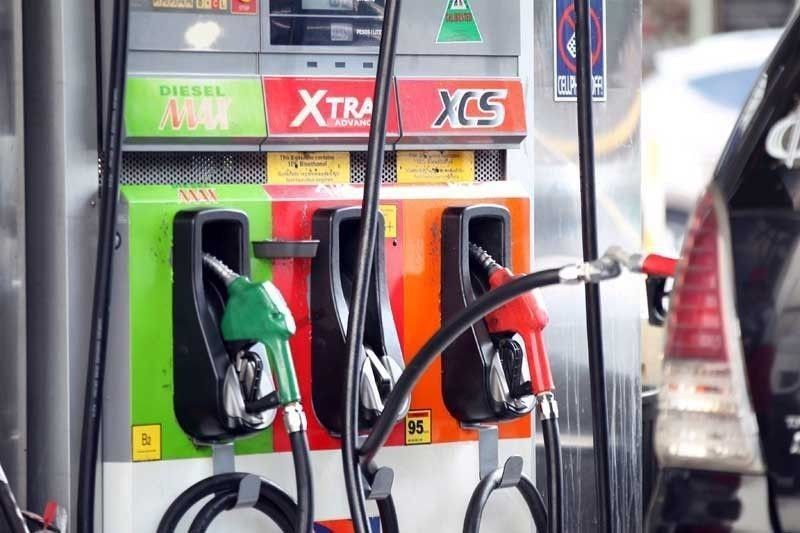
Upgrade to High-Speed Internet for only ₱1499/month!
Enjoy up to 100 Mbps fiber broadband, perfect for browsing, streaming, and gaming.
Visit Suniway.ph to learn
Bella Cariaso - The Philippine Star
June 13, 2025 | 12:00am
MANILA, Philippines — The sale of soft drinks and junk food in schools is still prohibited amid violations in the last school year, the Department of Education (DepEd) said yesterday.
In an interview over dzBB, Education Assistant Secretary Roger Masapol said that school officials should ensure the strict implementation of the ban on soft drinks and junk food in their respective jurisdictions.
DepEd Order No. 13 issued by then secretary Leonor Briones prohibited the marketing of soft drinks and junk food in public schools all over the country, in a bid to promote healthy eating among students and teachers.
Masapol said that as school canteens are operated by cooperatives, DepEd will strengthen the school-based feeding program as the government has provided big funding.
DepEd said food classified under the “green” category such as unsweetened milk, unsweetened coconut juice, water, rice, chicken, lean meat, fish and fresh fruits should always be available in school canteens.
Food that are classified under the yellow category such as fruit juices, fried rice, bread using refined flour, biscuits, pancakes, sandwiches, processed food and stir-fried vegetables should be served carefully.
Meanwhile, soft drinks, sports water, products containing caffeine, ice cream, cakes, donuts, French fries, instant noodles, chicken skin, bacon, junk food and canned fruits in heavy syrup should be totally prohibited in school canteens.
DepEd said consumption of unhealthy foods outside the school premises are at the discretion of the parents.
School year 2025-2026 will start on June 16 and end on March 31, 2026.
Construction of classrooms
DepEd targets to construct at least 105,000 classrooms in three years to bring down the classroom shortage to 60,000 from the current 165,000, according to Masapol.
He said the construction of the classrooms will be done through a public-private partnership (PPP).
“We have partnerships with non-governmental organizations to build temporary learning structures. For our long term (plan), we will build within three years at least 105,000 classrooms through the PPP to address the shortage,” Masapol said.
Education Secretary Sonny Angara has said that the country still faces a shortage of classrooms, largely due to the growing population.
Masapol noted that at least 27.6 million students are expected to return as classes start on Monday.
At the same time, he expressed confidence that the one-week Brigada Eskwela prior to the school opening will address a majority of the problems in schools, particularly issues on damaged chairs and tables.
For schools with chronic shortage of classrooms, distant learning modality may be implemented, Masapol said.
“This (distance learning modality) is only applicable to independent learners, meaning these are the segments of students who should be chosen for the distance learning if it is really necessary,” Masapol added.
He said that the Starlink units used by the Commission on Elections during the last polls will be donated to DepEd.
“We already agreed to use these for our last-mile school with no signals from telecommunications companies. We will provide fund for the subscription of these Starlinks units,” he said.

 1 week ago
6
1 week ago
6



